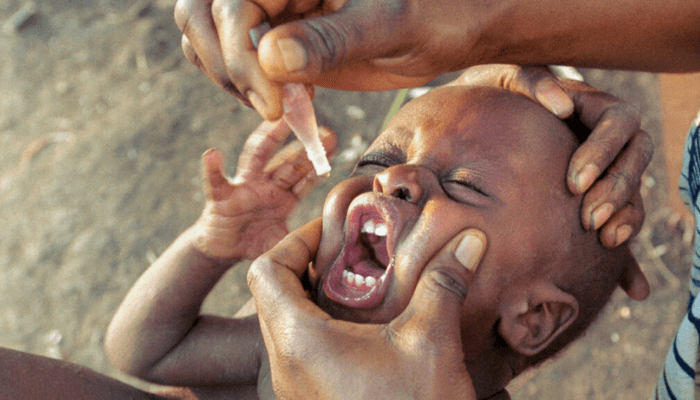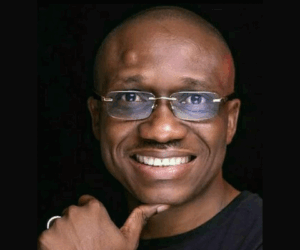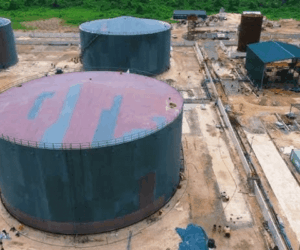Despite Nigeria attaining wild poliovirus-free status, the Sir Emeka Offor Foundation (SEOF) and public health experts have warned that the fight against the virus is far from over until the countries where the virus remains endemic are entirely free of polio.
Nigeria was officially declared free of the wild poliovirus by the World Health Organization (WHO) in August 2020. However, the foundation highlighted that Afghanistan and Pakistan, the last two countries still harbouring the virus, pose a continued risk to global eradication efforts.
“Across Africa, and here in Nigeria, the story of polio has changed. The wild poliovirus is gone from our soil, but our mission is not yet complete. Polio anywhere remains a threat to children everywhere. Until Afghanistan and Pakistan are polio-free, our work is not done,” said Emeka Offor, founder of the Sir Emeka Offor Foundation, during an event in Abuja marking World Polio Day.
He pledged continued support for polio vaccination campaigns, health worker training, and community education to sustain the progress made in polio eradication within Nigeria and across Africa.
“We remain committed to supporting vaccination drives in hard-to-reach areas, strengthening cold chain systems, and partnering with religious leaders to ensure every home is reached in the battle to end polio transmission,” Offor added.
The founder also commended the efforts to maintain Nigeria’s polio-free status and urged government officials and development partners to remain steadfast in their collective mission to achieve global eradication.
Offor acknowledged the decades of collaboration between Rotary International, the Global Polio Eradication Initiative (GPEI), governments, and local communities. Together, they have transformed what was once an impossible dream of a polio-free world into a near reality.
“At SEOF, we will not relent. We are supporting vaccination drives in hard-to-reach areas, strengthening cold chain systems, and partnering with community and religious leaders to reach every home and every heart. Let us keep going until we consign polio to history forever, where it rightfully belongs,” Offor added.
In her remarks, Joy Nky Okoro, District Governor of Rotary District 9127, commended the Nigerian government and development partners for their steadfast commitment to immunisation campaigns and surveillance systems, which led to Nigeria’s certification as polio-free five years ago.
However, she stressed that the world cannot rest yet, as Afghanistan and Pakistan remain the last holdouts, where insecurity and misinformation continue to hamper eradication efforts.
Kadijat Kuburat Yusuf, District Polio Chair for Rotary District 9127, also spoke at the event, stressing that although Nigeria and much of Africa remain polio-free, the presence of circulating vaccine-derived poliovirus (cVDPV) still demands vigilance.
“It is not over until it is over. Until Afghanistan and Pakistan are polio-free, every child remains at risk. Due to security challenges in these regions, total eradication has been difficult. But as long as even one child remains infected, all children are vulnerable,” Yusuf said.
Read also: Weak policies stoke drug-resistant infections
She reminded the audience that polio, a viral disease transmitted through poor hygiene and contaminated water, once paralysed over 350,000 children worldwide.
“If the virus travels, even through one infected person, it could spread to other countries. That’s why continued vaccination and surveillance are non-negotiable,” Yusuf added.
Frederick Odika, President of the Rotary Club of Abuja Metro reiterated Rotary’s commitment to continuous advocacy, community sensitisation, and awareness campaigns to ensure that polio never returns to Nigeria.
“Any child infected with polio poses a risk to every other child, anywhere in the world. We will continue our advocacy and awareness campaigns to keep Nigeria and Africa polio-free,” Odika stated.









